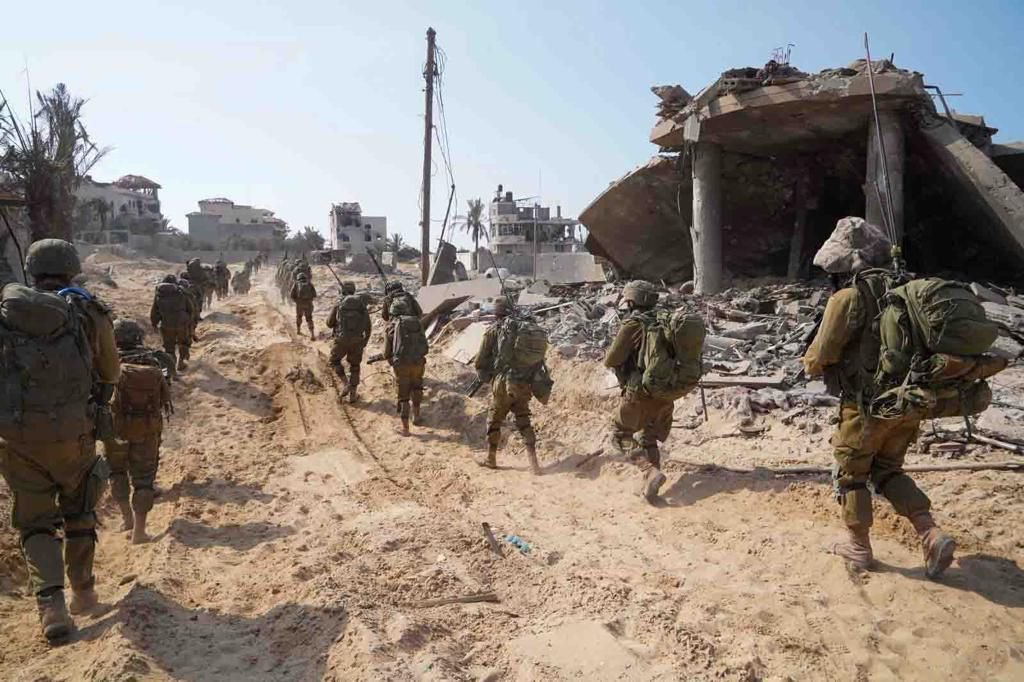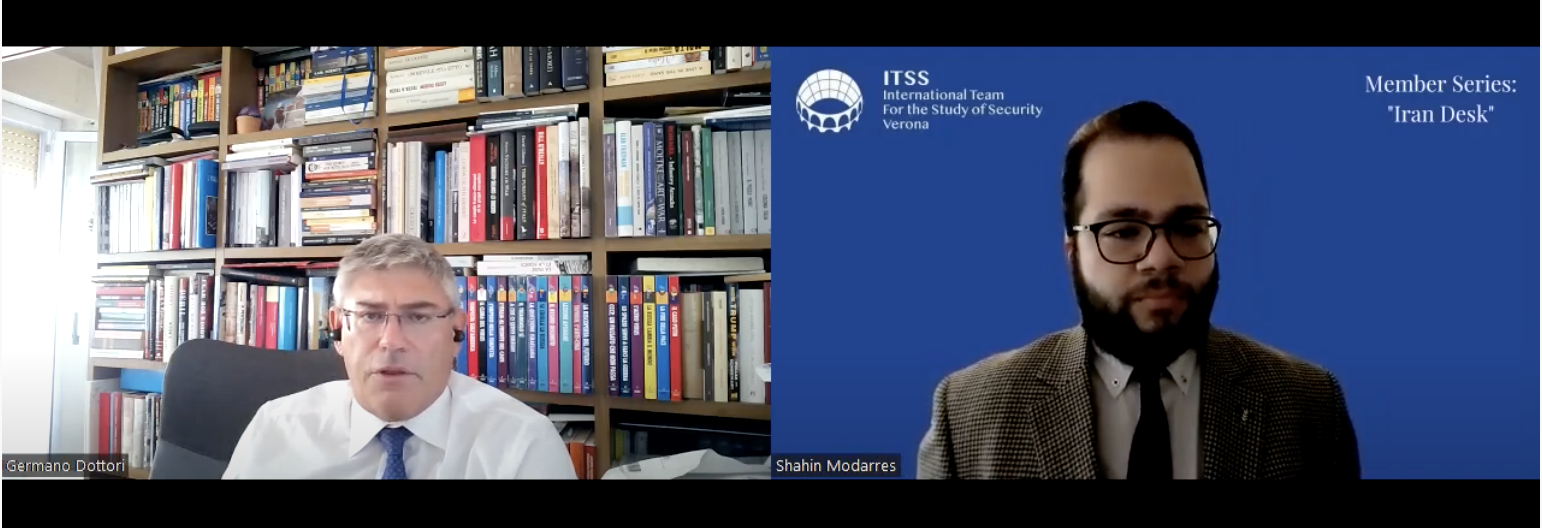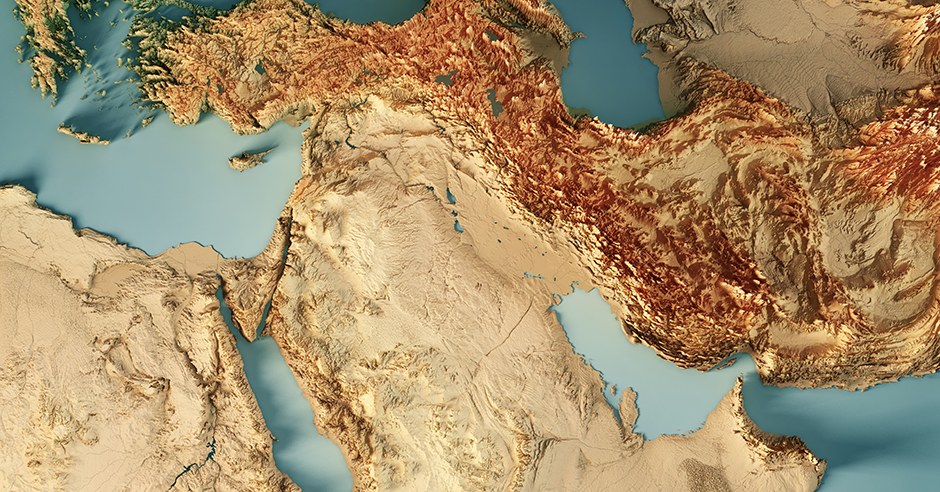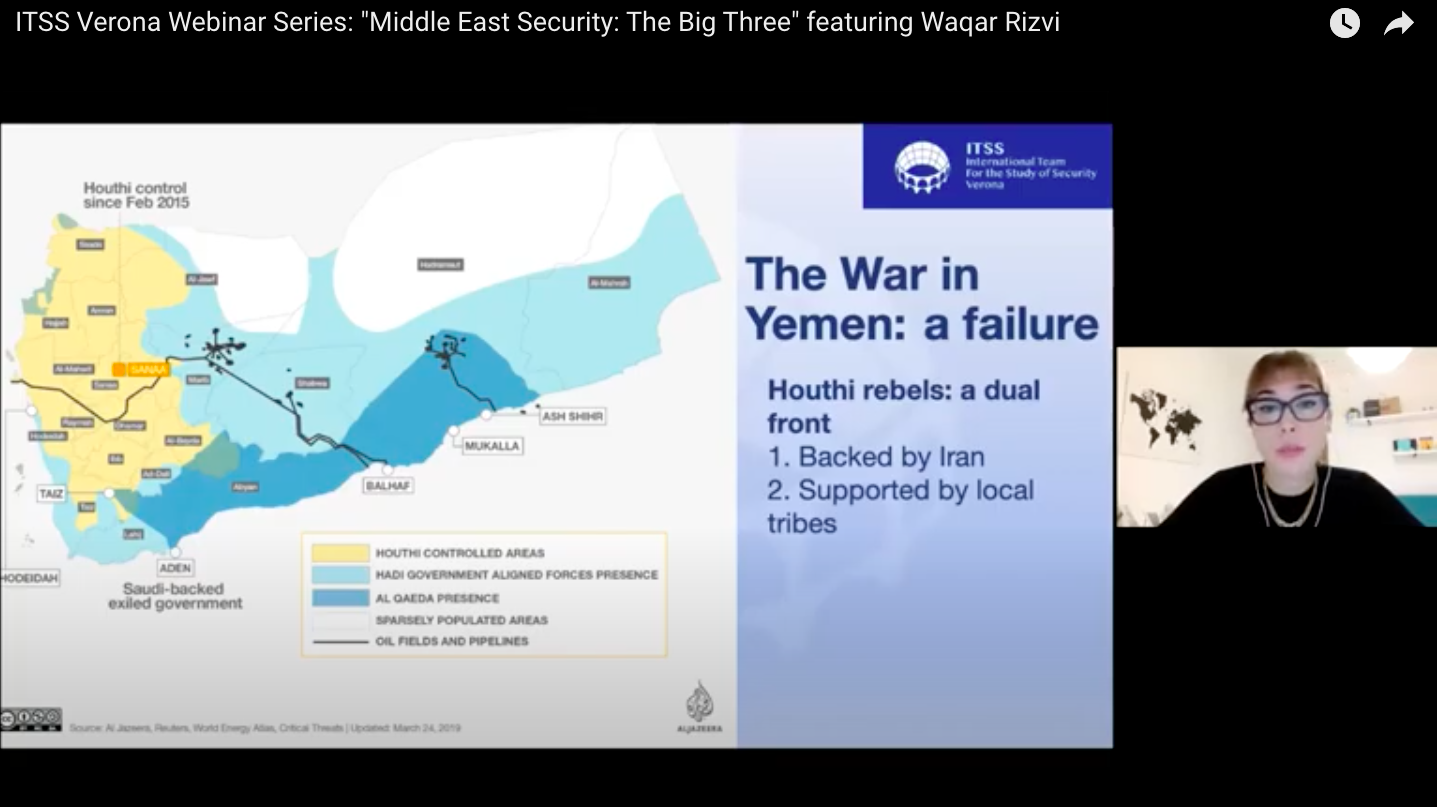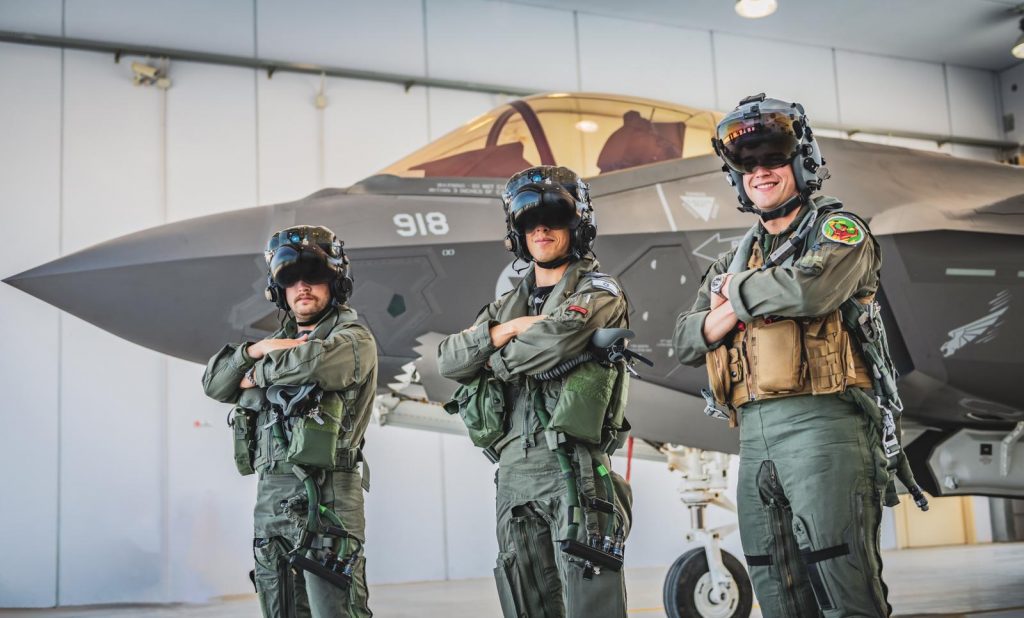Since the outbreak of the war on October 7, Jordan has been caught between increasing external and internal pressures.
By Alice Elizabeth Strophair - Middle East Team
Escalating conflict and policy decisions
In the midst of the Israel-Hamas war, the Middle East witnessed an unprecedented escalation in the ongoing conflict between Israel and Iran, when, on the night of April 13, the Islamic Republic launched a combined missile and drone attack on Israel. Some of the projectiles were even intercepted above the Al-Aqsa mosque by Israel’s iron dome. The attack saw the conflict take a new turn, with Iran attacking Israel directly, rather than through its proxies, such as Hamas or Hezbollah. The events of April 13 have also further challenged neighbouring Arab countries in balancing their political and economic ties with Israel, while showing their support for the Palestinian cause. One of these countries is Jordan, which has been a key regional actor in the Israeli-Palestinian conflict and now, more than ever, is caught between increasing external and internal pressures, both on the diplomatic as well as on the civilian front. The Hashemite Kingdom is walking a tightrope between its peace treaty with Israel, which emphasises its dependency on Israel for natural resources and security versus preventing “a breakdown in the social [contract]” between the population and the regime. King Abdallah II’s decision to join the international coalition MEAD (Middle East Air Defence), to prevent the use of Jordan’s airspace in the Israeli-Iranian conflict is meant, more than anything else, to prevent further escalation in violence, which would jeopardise Jordan’s security.
The ongoing war in Gaza, “Iron Swords”
Thirty years after Jordan signed the “Wadi Araba Treaty” (1994), with the expectation that the Oslo Accords between Israel and the Palestinian Authority would be implemented, today’s situation must be a bitter disappointment for Jordan. The Hashemite Kingdom has been in favour of a two-state solution but has gradually seen the possibility of this solution decimate, especially since the establishment of the Israeli far right-wing government in late 2022. Since 1967, the unresolved question of East Jerusalem and its progressive annexation (Jerusalem Basic Law, 1980) by Israel has been a contentious point between both countries. The ongoing “Iron Swords” offensive led by Israel within the Gaza Strip has further deteriorated Israeli-Jordanian relations. On one occasion, two weeks after the beginning of the war during a peace summit that was held in Cairo, King Abdullah II denounced what he termed, “global silence about Israel’s attacks, [...] and urged an even-handed approach to the Israeli-Palestinian conflict.” Even more so, Jordan fears that the displacement of Gaza’s residents to Egypt could set a precedent for a future displacement of Palestinians from the West Bank to Jordan. This fear is based on their concerns over the political agenda of Israel’s cabinet member Itamar Ben Gvir, who promotes the Eretz Yisrael Hashlema (Greater Israel) dream, declaring that “the people of Israel will settle in Gaza”. As a result, since the beginning of the war in Gaza, the West Bank has become a second front with a sharp increase in settler violence and further constraints on the Palestinian economy. These factors could lead to the possibility of a third intifada and an economic migration from the West Bank to Jordan. These developments pose both a demographic and security threat to Jordan. The Kingdom already has a high population of Palestinians as a result of the 1948 and 1967 wars. A third wave of immigration could turn Jordan into a de facto Palestinian State, which, combined with the increased popularity of Hamas and the Islamic Jihad in the West Bank, creates an actual threat to Jordan’s ability to control its borders and ensure internal security.
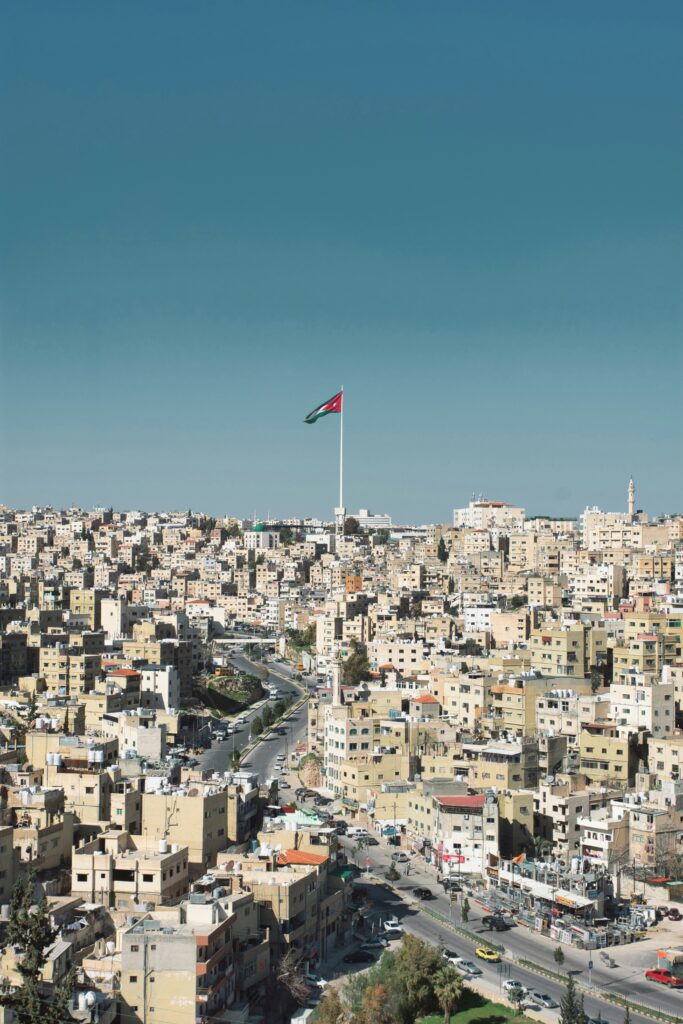
Jordan’s civil and military cooperation with Israel
Jordan’s shortage of natural resources, namely water and gas, and the growing economic relationship it has with Israel, means it cannot cut its ties with the Jewish state, despite public demand. In 2016, a fifteen-year deal was signed for Israel to supply it with gas, becoming the most important supplier for Jordan. In 2021, Jordan, being the second most water-poor country in the world, signed a memorandum of understanding with Israel and the UAE on a water project called the “Green and Blue Prosperity Agreement”. Within this agreement, Israel provides Jordan with desalinated water, the project financing coming from the UAE. However, these economic relations with Israel, like diplomatic ones, are not popular with the Jordanian public and protests demanding cutting ties and breaking deals with Israel.
Jordan’s decision to join the MEAD alliance which includes the UAE, Saudi Arabia, and Israel, can be seen as an ideological convergence to counter a common enemy, the Islamic Republic of Iran, and to ensure stability across the region. Historical rivalries between Sunni and Shiite motivate the Arab states, providing Israel with leverage on the question of Palestine within the Middle East Cold War. King Abdullah II defended the decision to join the alliance, by arguing that it would help protect Jordan’s population and the country’s sovereignty.
Conclusion
Jordan has demonstrated resilience when faced with previous escalations in the Israeli-Palestinian conflict, partly thanks to its diplomatic ties with the United States. The Hashemite kingdom is perceived by the West as a moderate actor that can help bring stability to the region. Nevertheless, King Abdullah II must be aware that his policymaking and commentary on the ongoing crisis in the Gaza Strip – as well as on Benjamin Netanyahu’s and his right-nationalist coalition – will have consequences on his government's relationship with the Jordanian public. These past eight months of war could influence the upcoming parliamentary elections in Jordan, scheduled for next September.

